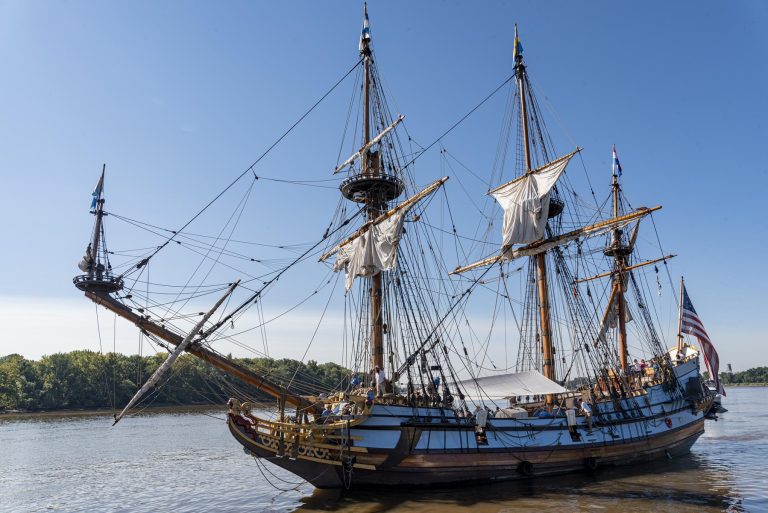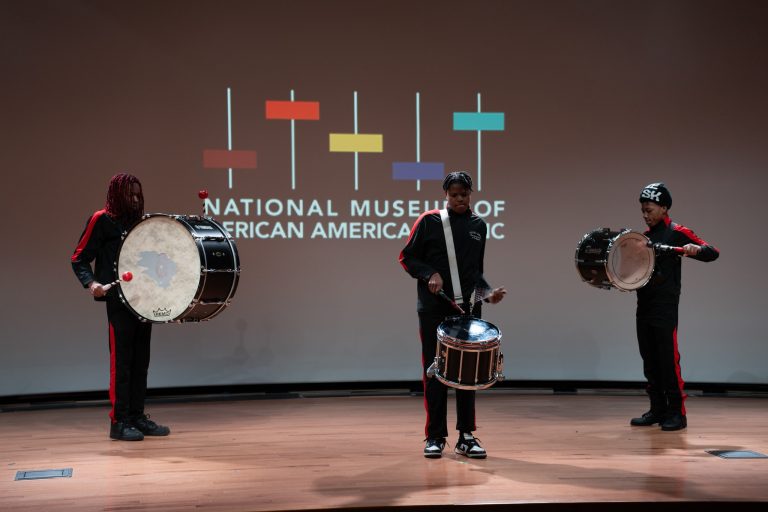Student groups can learn about Wilmington’s Swedish origins through a field trip to Kalmar Nyckel (Key of Kalmar), a full-scale, award-winning replica of the colonial ship that brought European settlers to the Delaware Valley in 1638. Ship and maritime center programs last four hours, including sailing on the ship and stops at four interactive stations on land.
Kalmar Nyckel offers an engaging educational experience for student groups interested in history, maritime studies, and cultural heritage. This full-scale, award-winning replica of the colonial ship that brought European settlers to the Delaware Valley in 1638 is a unique platform for exploring Wilmington’s Swedish origins. Through carefully designed field trips, students can immerse themselves in the history of early colonization and the diverse cultures that shaped the region.
The ship and maritime center programs last four hours and provide a comprehensive, hands-on learning experience. Students embark on a sailing trip aboard the Kalmar Nyckel, allowing them to experience life at sea as early settlers did. This sailing component not only introduces students to the basics of seamanship but also helps them appreciate the challenges and adventures faced by those who made the journey across the Atlantic. The opportunity to be on a historical vessel fosters a sense of connection to the past that is both educational and memorable.
During their visit, students also participate in activities at four interactive stations on land. Each station enhances learning by covering different aspects of colonial life, including shipbuilding, navigation, trade, and the interactions between settlers and Native American populations. These stations encourage critical thinking and discussion as students engage in hands-on activities, demonstrations, and storytelling, making the historical context come alive.
In addition to history and maritime studies, the programs at Kalmar Nyckel incorporate elements of ecology and environmental science. Students can learn about the significance of the Delaware River and its ecosystems, gaining insights into the importance of preserving natural resources and understanding maritime environments. This interdisciplinary approach allows educators to integrate lessons in ecology and history, promoting a well-rounded educational experience.



